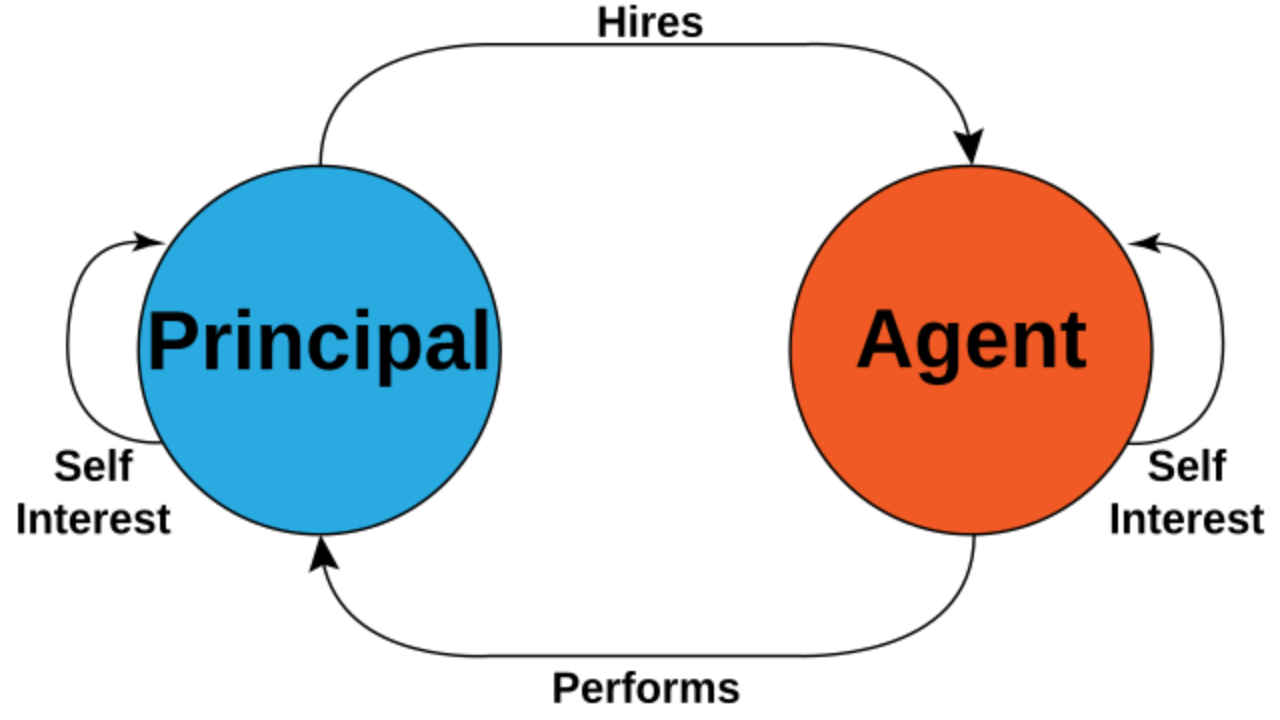
Conflicts of interest in public legal roles can quietly erode the pillars of justice, public trust, and ethical governance. When legal professionals such as judges, prosecutors, or government lawyers have personal or financial stakes in cases they oversee or influence, the integrity of legal systems can be compromised. This article explores how conflicts of interest emerge, why they matter, the ethical frameworks designed to mitigate them, and practical approaches to ensuring accountability in public legal service.
Understanding Conflicts of Interest in Legal Roles
A conflict of interest arises when an individual’s personal interests—financial, familial, or otherwise—interfere with their professional obligations. In the legal domain, such conflicts are particularly dangerous because public legal professionals are expected to be impartial guardians of the law.
Common Sources of Conflict in Public Legal Roles:
- Financial Interests: Owning shares in a company involved in litigation.
- Family Ties: Cases involving relatives or friends.
- Past Employment or Associations: Representing a case related to a previous employer or client.
- Political Biases: Undeclared loyalties influencing decision-making.
- Dual Roles: Holding overlapping positions in private and public sectors.
When such interests influence—or appear to influence—legal decisions, public confidence in the legal system deteriorates.
Real-World Examples and Ethical Breaches
Numerous high-profile cases have highlighted how unchecked conflicts can compromise justice:
- Judicial Recusals: Judges have stepped down from cases involving companies they held stock in, though not always before decisions were made.
- Prosecutorial Bias: Prosecutors who previously worked for corporations under investigation have faced scrutiny for downplaying charges.
- Government Lawyers: Attorneys involved in crafting policy have later joined lobbying firms benefiting from that legislation—raising post-service ethics questions.
Such examples emphasize the need for transparency, accountability, and preemptive action.
Ethical Frameworks and Regulatory Mechanisms
To mitigate conflicts of interest, legal systems rely on well-defined codes of conduct and institutional mechanisms.
Core Ethical Principles
- Impartiality: Decision-making must be free of personal bias.
- Transparency: Disclosures of personal or financial interests are essential.
- Recusal: Public legal officials must withdraw from cases where a conflict exists.
- Accountability: Violations should result in disciplinary or legal action.
Oversight Bodies and Their Roles
| Oversight Body | Role in Conflict Management |
|---|---|
| Judicial Ethics Boards | Review and enforce codes of conduct for judges |
| Bar Councils | Discipline lawyers for ethical breaches |
| Ethics Commissions | Monitor and investigate public officeholders |
| Whistleblower Agencies | Enable anonymous reporting of misconduct |
These bodies are vital for ensuring integrity but rely heavily on proactive disclosures and public complaints.
Policy Responses and Institutional Best Practices
Governments and legal institutions have adopted various strategies to prevent and manage conflicts of interest:
- Mandatory Disclosure Forms: Legal officials must declare all financial and familial interests.
- Cooling-Off Periods: Prevent officials from taking private sector jobs in related fields immediately after public service.
- Ethics Training: Regular, mandatory sessions for legal professionals.
- Conflict Audits: Periodic reviews of roles and affiliations to detect overlapping interests.
- Whistleblower Protections: Laws that protect and encourage internal reporting.
These practices enhance transparency and help institutionalize ethical behavior.
Balancing Expertise and Ethics
A persistent challenge in addressing conflicts is balancing the need for specialized expertise with impartial service. For instance, a government attorney who previously worked for a corporate law firm brings valuable insight—but may also harbor residual loyalties.
To address this, institutions can:
- Assign such professionals to unrelated legal areas.
- Limit their decision-making authority in sensitive sectors.
- Use ethics panels to vet appointments and case assignments.
Public Trust and Long-Term Implications
The legal system’s credibility hinges on perceived fairness and impartiality. When conflicts of interest are not addressed, the consequences can include:
- Loss of public confidence
- Policy capture by private interests
- Unjust legal outcomes
- Erosion of democratic accountability
Restoring trust requires visible, consistent enforcement of ethical norms and a culture that prioritizes public over personal interest.
Overview Table: Navigating Conflicts in Public Legal Roles
| Area of Focus | Key Risk | Preventive Action | Oversight Mechanism | Long-Term Outcome | Public Benefit |
|---|---|---|---|---|---|
| Judicial Roles | Biased rulings | Recusal, financial disclosure | Judicial Ethics Boards | Fair trials | Trust in court rulings |
| Prosecutorial Functions | Favoritism in charging decisions | Case reassignment | Attorney General’s Office | Impartial prosecutions | Justice system credibility |
| Government Legal Advisors | Policy influenced by past associations | Cooling-off periods | Public Ethics Commissions | Transparent policymaking | Citizen confidence in governance |
| Hiring and Appointments | Nepotism, biased appointments | Independent review panels | Civil Service Commissions | Merit-based recruitment | Integrity in legal institutions |
| Post-Service Employment | Revolving door exploitation | Restricted lobbying periods | Ethics Compliance Bodies | Reduced private influence | Safeguarding public interest |
3 Best One-Line FAQs
Q1: What is a conflict of interest in a legal role?
A conflict arises when personal interests interfere with a legal professional’s public duty.
Q2: Why is recusal important in judicial proceedings?
Recusal prevents biased rulings and preserves the integrity of court decisions.
Q3: How can conflicts of interest be prevented in public legal service?
By enforcing mandatory disclosures, ethics training, and independent oversight.
Conclusion
Conflicts of interest in public legal roles are not just ethical slip-ups—they’re cracks in the foundation of justice. Governments and institutions must implement strong preventive frameworks, educate officials, and enforce rules to ensure that public legal service remains truly in service of the public. The stakes are not just individual careers—they’re the integrity of the entire legal system.

